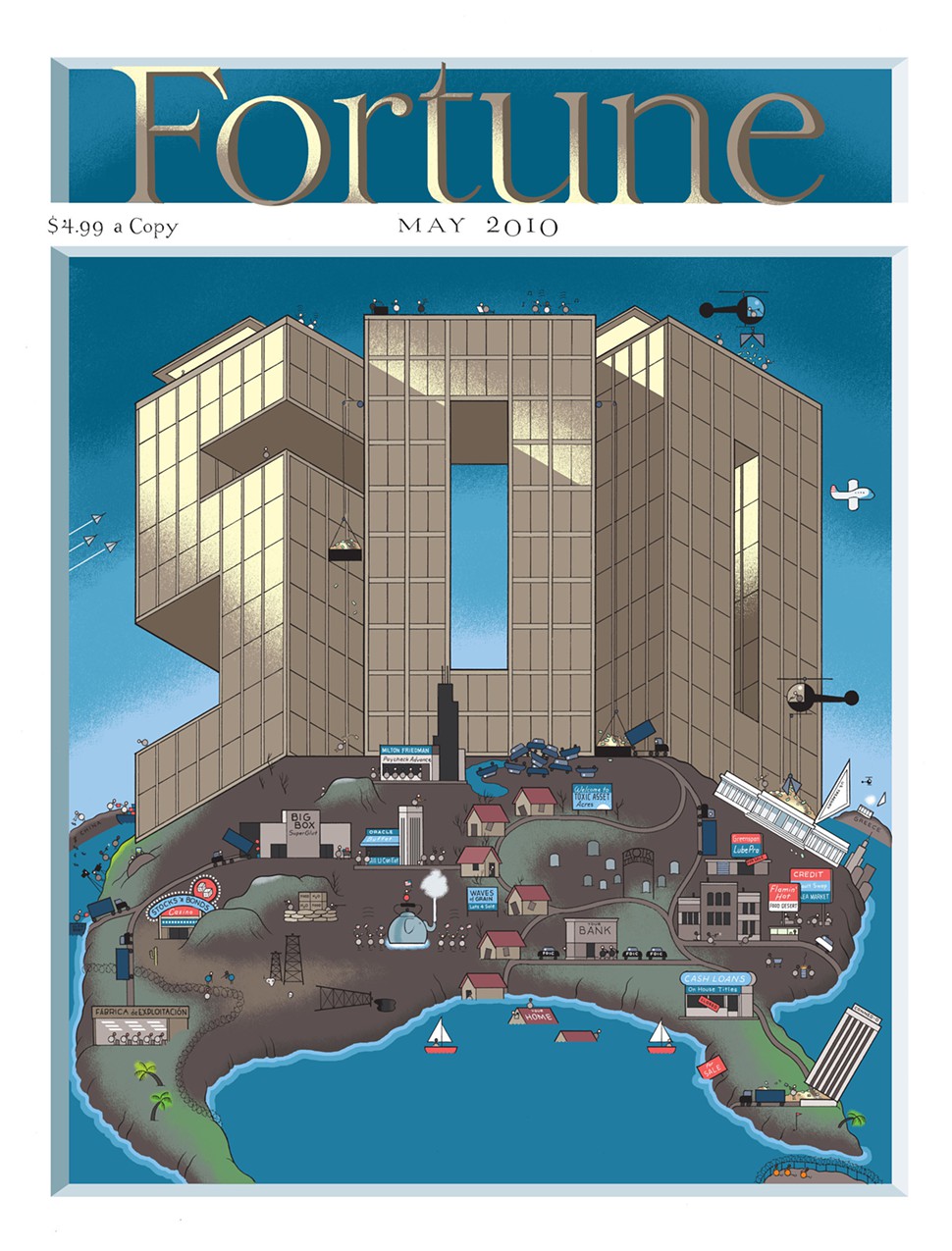But What About the Nipples? A Nice Conversation (Pt. 2)
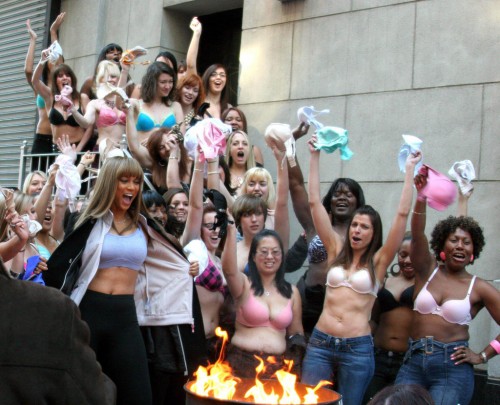
Blake Butler, Kate Zambreno, Amy King and I recently had a nice, interesting, and lengthy conversation about gender, publishing and so much more, prompted by lots of things including the recent, and largely excellent discussion in Blake’s “Language Over Body” post about the second issue of We Are Champion. Over the next three days, I’m going to post that conversation and we all hope you guys join in on our conversation and share your thoughts. You can find Part 1 here.
Amy: We’ve got our rooms and we’re writing – we are no longer invisible, unless editors and prize committees try to render us so. My response was an attempt to point out the other option, which is to be inclusive (which means showcasing possibly disparate work that could be in dialogue), via a new mag, PARROT, that includes work fitting the aforementioned bill:
“PARROT will print the work of Stephanie Rioux’s My Beautiful Beds, Harold Abramowitz’s A House on a Hill (House on a Hill Part 1), Amanda Ackerman’s I Fell in Love with a Monster Truck, Will Alexander’s On the Substance of Disorder, Amina Cain’s Tramps Everywhere, Allison Carter’s All Bodies Are The Same and They Have The Same Reactions, Kate Durbin’s Kept Women, Joseph Mosconi’s But On Geometric, Amaranth Ravva’s Airline Music, Mathew Timmons’ Complex Textual Legitimacy Proclamation, Allyssa Wolf’s Loquela as well as the work of Michelle Detorie, Vanessa Place, Brian Kim Stefans and others…”
I realize this number counting feels isolated and is usually defended as ‘accidental’. Just see PW’s note on their all male “Top Ten” list for 2009. But what gets lost when we don’t query such disproportionate representation is that the interests and views and styles that men write in are what we all: male, female, and every other gender get conditioned to, starting with child lit on up to college “classics.” Such lack parallels why the Wall Street fuck up might have been prevented, or at least lessened. If variety is the spice of life, shouldn’t that hold true for the literary landscape as well? There should be a symphonic cacophony, no?
But What About the Nipples? A Nice Conversation (Pt. 1)

Blake Butler, Kate Zambreno, Amy King and I recently had an interesting and lengthy conversation about gender, publishing and so much more, prompted by lots of things including the recent, and largely excellent discussion in Blake’s “Language Over Body” post about the second issue of We Are Champion. Over the next three days, I’m going to post that conversation and we all hope you guys join in on our conversation and share your thoughts.
Amy: I don’t know if you’ll be pleased to know that conjured your name today, Kate, over at Roxane’s gig, HTMLGIANT. A post pimping the second issue of a new mag, “We Are Champion,” doesn’t note that it’s an all-male issue or that the first one included the work of only three women. Just one tiny example of a recurring indicator that women writers still aren’t taken seriously, actively sought out, promoted, etc.
Kate: I actually thought the great majority of the conversation that went around this issue on HTML Giant seemed considered and thoughtful, both the idea of “counting” as seeming problematic, and shouldn’t it just be about the writing, and the other side problematizing how when such an inequity occurs it’s just dismissed as “this is just the best writing out there,” etc. I think it’s a worthwhile issue to explore, if there is still such an inequity in terms of numbers of women published in literary journals (or anyone not straight, white, men). I’m thinking of Juliana Spahr/Stephanie Young’s Number Trouble piece that was published in Chicago Review. I agree with Roxane that this We Are Champion that didn’t feature any women writers is a symptom of a gender inequity that might be still there in terms of innovative writing, but is not the disease itself. And that zeroing in on this one issue is not really getting at the larger context (although perhaps opening the discussion?)
Roxane: I’m a Libra so I often have many and conflicting opinions about things. I do think the all-male issue of We Are Champion is problematic but I also know that there are many factors involved in how a given issue of a magazine is assembled. While there are many, many problems with how women writers are treated, regarded, and promoted within the publishing community, I am not convinced that the second issue of a small online magazine is an indicator of a problem that is systemic, pervasive, and ongoing.
Ronnie Scott on Phrasings
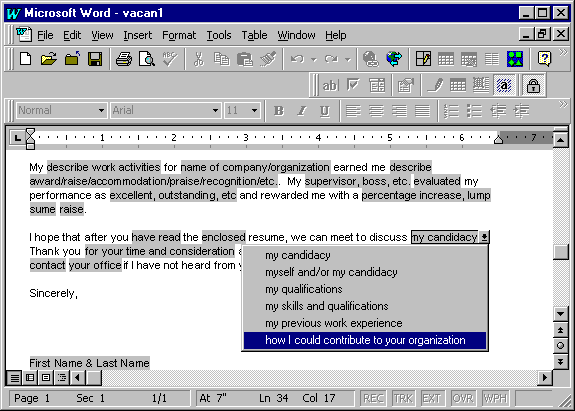
I went through the cover emails for the last 200ish submissions I’ve received for my magazine, thinking I would present the first lines here in case your own cover emails have started to bore you. I really just picked anything, unless it seemed identical to a line I’d already copied and pasted in.
Some of them are fairly awkward, so I should say that if I went through my own cover emails from the last couple of years, I would probably cringe so hard that it would basically count as vomiting. I’ve also sent some really weird rejections.
I think I accepted four of these, but from the opening lines, you would never guess which. In fact, I have probably never paid the cover emails this much attention before. I just download the files and keep them all in a folder, then do a Gmail search for the filename when it’s time to respond.
My own standard cover letter is: “Dear [NAME, not “Editor”, unless it’s multiple editors],
I’ve attached a short story for [YOUR MAGAZINE]. It’s about [HOWEVER MANY WORDS], and I hope you like it.
Thanks for reading,
Ronnie.
All White People, Indeed
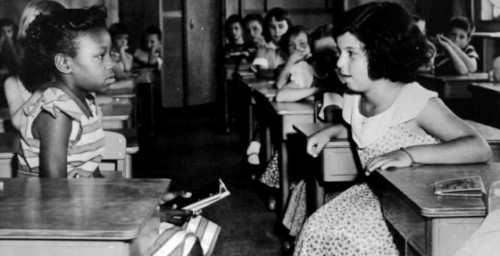
Now that I’ve had a couple weeks to catch up on life post-AWP, I’ve had time to reflect on my experience attending the conference a second time. I had a fantastic time at AWP ’10. It’s a much better experience when you actually know people; I really enjoyed working at the bookfair with my co-editor and meeting so many contributors; and there was, of course, the EPIC dance party on Saturday night that was everything I had been told it would be and so much more. You have not lived until you see a bunch of hot, sweaty writers dancing awkwardly (myself included), and I do mean awkwardly, to Tone Loc.
At several points during AWP, friends and acquaintances would riff on the theme of AWP standing for All White People and we would laugh and move on to the next topic of conversation but there was a certain truth to the comments that was… uncomfortable.
Worst Acceptance Ever
 A friend just forwarded me an acceptance letter he received from a pretty great journal. He had submitted to them a long while ago. It was clear, though, that the letter was meant for someone else. I think that would make for a gut welt.
A friend just forwarded me an acceptance letter he received from a pretty great journal. He had submitted to them a long while ago. It was clear, though, that the letter was meant for someone else. I think that would make for a gut welt.
I can see how publishers could make a mistake like this, and I’m not posting it here to be a jerk. One time I meant to forward a submission to a reading editor, but actually replied to the author. Luckily, my note just said something like, “This seems great. What do you think?”
Here’s the wayward acceptance, if you’re interested: READ MORE >
Live Giants 4 with Michael Kimball
This Thursday April 29, at 9 PM Eastern, Michael Kimball, author of Dear Everybody and more, will read live here at HTMLGIANT from his home in Baltimore. Special guest appearance by Andy Devine, author of the newly released Words. Mark your book and bring your good hat.

Photo Album: (a small cross-section of) My AWP
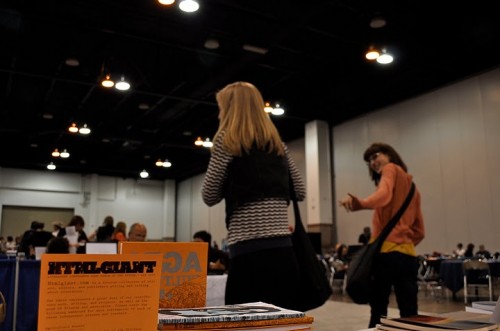
Here are some pictures I shot over the course of the AWP conference, which took place in Denver, Colorado, April 7 – 10, 2010.
I Hit It With My Axe: His Body Closes the Door with its Pieces
Zak Smith/Sabbath plays D&D with friends. He makes a good DM.

